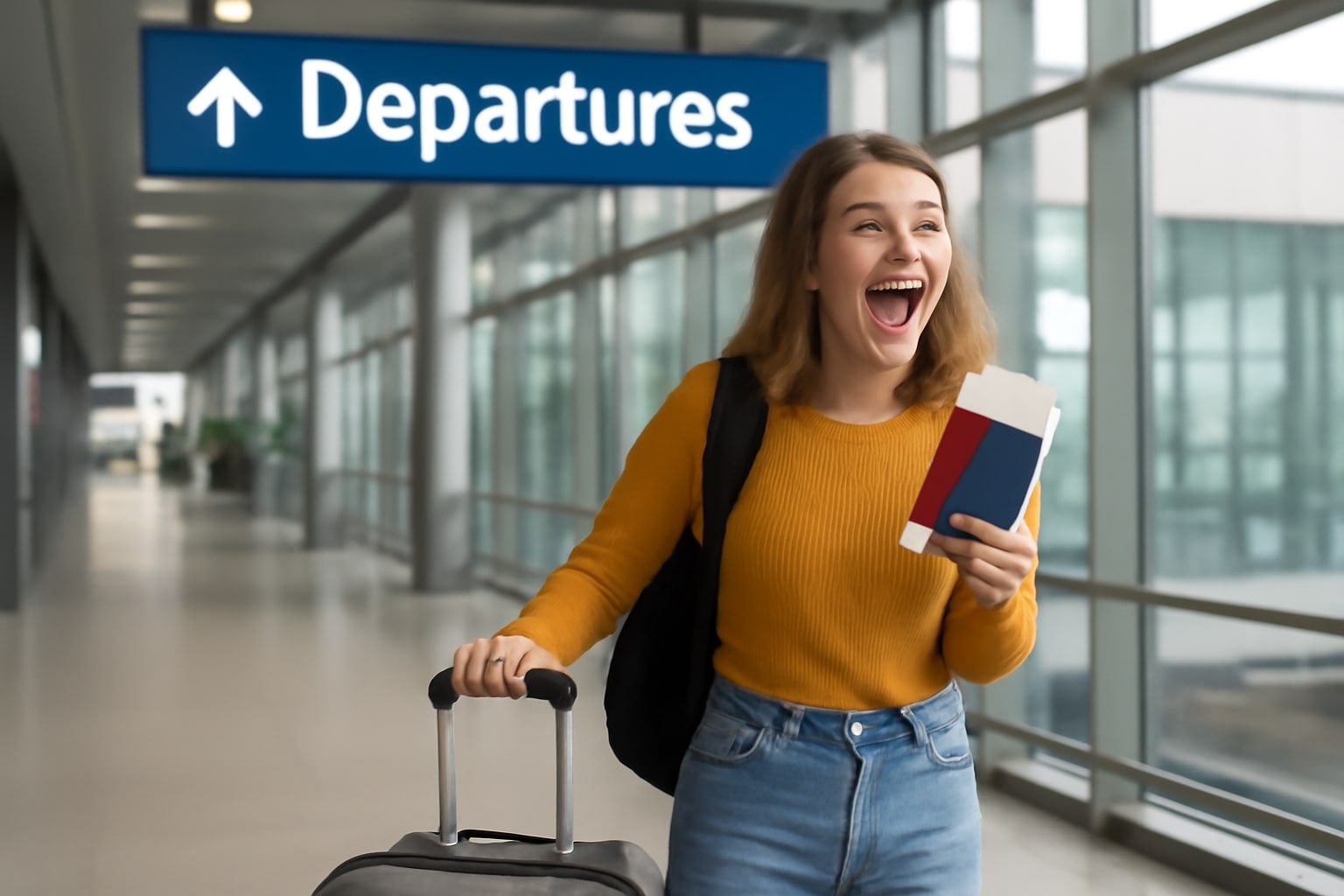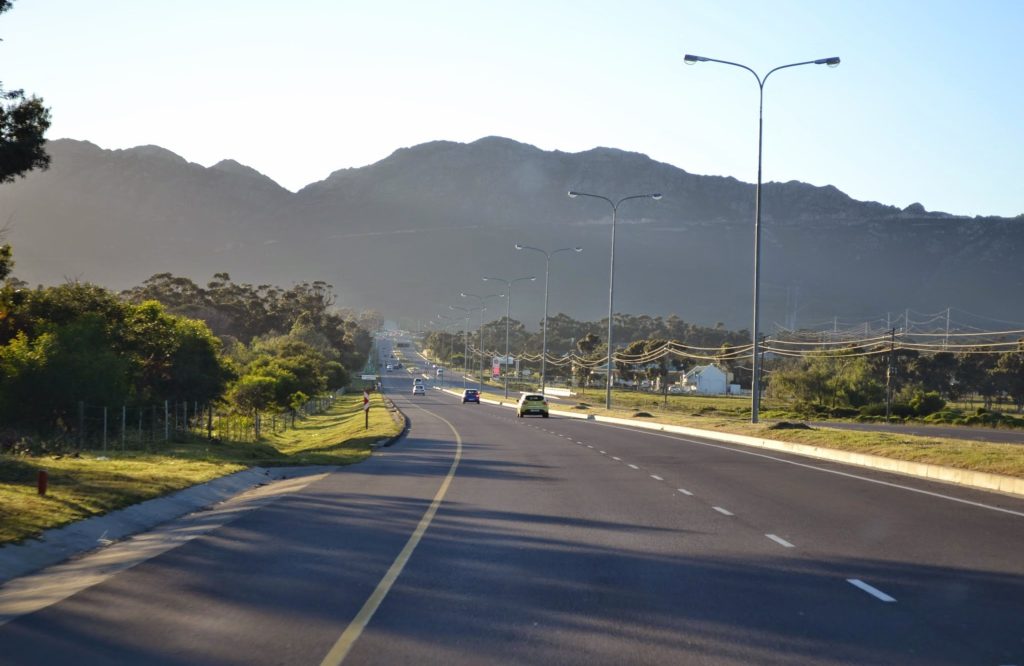Planning Your First Adventure
Embarking on your first journey is an exhilarating experience, but the initial planning stages can feel overwhelming. The key is to start with the big picture and gradually narrow down the details. Begin by dreaming a little. Where in the world do you want to go? Are you picturing yourself lounging on a tropical beach, exploring ancient ruins, or navigating the bustling streets of a vibrant city? Once you have a general idea, it’s time to consider the practicalities. Think about the best time of year to visit your chosen destination, factoring in weather patterns and peak tourist seasons. A little research can save you from visiting Southeast Asia during monsoon season or paying premium prices for a European holiday in the middle of summer.
With a destination and timeframe in mind, the next step is to create a realistic budget. This is arguably the most crucial part of planning, as it will dictate many of your subsequent decisions. Your budget should account for major expenses like flights and accommodation, as well as daily costs such as food, transportation, activities, and souvenirs. It’s always wise to overestimate your expenses slightly to create a buffer for any unexpected costs that may arise. Once your budget is set, you can start researching and booking your flights and accommodation. Look for deals and be flexible with your travel dates if possible, as shifting your departure by a day or two can sometimes result in significant savings.
Booking Flights and Accommodation
Securing your flights and a place to stay are two of the most significant steps in making your trip a reality. When it comes to booking flights, there are numerous online travel agencies and flight comparison websites that can help you find the best deals. Don’t be afraid to check multiple sources, as prices can vary. Consider factors like layovers, flight duration, and airline reviews when making your decision. For long-haul flights, a slightly more expensive direct flight might be worth it to avoid the hassle of multiple connections. Remember to read the fine print regarding baggage allowances to avoid any surprise fees at the airport.
Choosing where to stay is just as important as how you get there. The type of accommodation you book can significantly impact your travel experience. Hotels offer comfort and convenience, with amenities like daily housekeeping and room service. Hostels are a great option for budget-conscious solo travelers looking to meet new people. Vacation rentals, such as those found on Airbnb or VRBO, can provide a more local and immersive experience, often with the added benefit of a kitchen to help save money on dining out. When booking, be sure to read recent reviews from other travelers and take note of the location and its proximity to public transportation and the attractions you want to visit.
Packing Smart for Your First Trip
The art of packing is a skill that even seasoned travelers are constantly refining. For your first trip, the golden rule is to pack light. It’s tempting to bring everything you think you might need, but lugging around a heavy suitcase can quickly dampen your travel spirits. Start by making a packing list a week or two before your departure. This will give you time to purchase any necessary items and avoid last-minute panic packing. Choose a versatile wardrobe with pieces that can be mixed and matched to create multiple outfits. Opt for neutral colors and comfortable fabrics that are suitable for the climate of your destination.
When it comes to the actual packing process, rolling your clothes instead of folding them is a game-changer. This not only saves a significant amount of space in your luggage but also helps to minimize wrinkles. Utilize packing cubes to keep your belongings organized and easy to find. Pack your heaviest items, like shoes, near the wheels of your suitcase to keep it balanced. It’s also a good idea to pack a small travel-size toiletry bag with essentials like a toothbrush, toothpaste, and any prescription medications in your carry-on bag, just in case your checked luggage gets delayed.
Navigating the Airport and Your Flight
For a first-time traveler, the airport can seem like a chaotic and confusing place. The key to a stress-free airport experience is to arrive early. For international flights, it’s recommended to arrive at least three hours before your departure time, and two hours for domestic flights. This will give you ample time to check in, drop off your luggage, go through security, and find your gate without feeling rushed. Before you leave for the airport, double-check that you have your passport, visa (if required), and boarding pass readily accessible.
Once you’re through security, take a moment to locate your departure gate on the airport monitors. Gates can sometimes change, so it’s a good habit to check again before you settle down. During the flight, especially if it’s a long one, make sure to stay hydrated by drinking plenty of water. Get up and stretch your legs every couple of hours to keep your blood circulating. If you’re traveling across multiple time zones, try to adjust to the local time of your destination as quickly as possible. This might mean forcing yourself to stay awake or sleeping at unconventional times, but it will help you combat jet lag and make the most of your first few days on vacation.
Managing Your Money Abroad
Handling money in a foreign country requires a bit of forethought. Before you leave, it’s essential to inform your bank and credit card companies of your travel plans. This will prevent them from flagging your international transactions as fraudulent and freezing your accounts. While you’re at it, inquire about any foreign transaction fees associated with your cards. These small fees can add up quickly, so it’s worth considering a travel-friendly credit card that doesn’t charge them.
It’s always a good idea to have a mix of payment methods with you. Carry a combination of cash in the local currency, a debit card for ATM withdrawals, and a credit card for larger purchases. Avoid exchanging large amounts of currency at the airport, as the exchange rates are typically unfavorable. Instead, withdraw local currency from an ATM upon arrival. When you do need to carry cash, be sure to store it in a secure place, like a money belt or a hidden pocket, and never carry all of your money in one place.
Staying Safe and Healthy on the Road
Your health and safety should always be a top priority when traveling. Before your trip, it’s a good idea to schedule a visit with your doctor or a travel clinic to ensure you have any necessary vaccinations for your destination. They can also provide you with advice on how to stay healthy while you’re away. It’s also crucial to have comprehensive travel insurance. This will protect you in case of medical emergencies, trip cancellations, or lost luggage.
While you’re traveling, be aware of your surroundings and take precautions to protect yourself and your belongings. Avoid walking alone at night in unfamiliar areas, and be wary of common tourist scams. Keep your valuables secure and out of sight, and consider using a lock on your luggage. When it comes to your health, be mindful of what you eat and drink. Stick to bottled or filtered water, and be cautious with street food. While it can be a delicious part of the travel experience, make sure to choose vendors that are busy and appear to have good hygiene practices.
Embracing the Culture and Etiquette
One of the most rewarding aspects of travel is immersing yourself in a new culture. To make the most of this experience, it’s important to be respectful of the local customs and traditions. Before you go, take some time to research the cultural norms of your destination. This could include everything from appropriate dress codes, especially when visiting religious sites, to customary greetings and dining etiquette. Learning a few basic phrases in the local language, such as “hello,” “thank you,” and “excuse me,” can go a long way in showing respect and connecting with local people.
Remember that you are a guest in someone else’s country. Be open-minded, patient, and willing to step outside of your comfort zone. Try new foods, engage in local activities, and strike up conversations with the people you meet. Traveling with a positive and respectful attitude will not only enrich your own experience but will also leave a positive impression on the people you encounter. The memories you make from these cultural exchanges will be the ones you cherish long after you’ve returned home.



